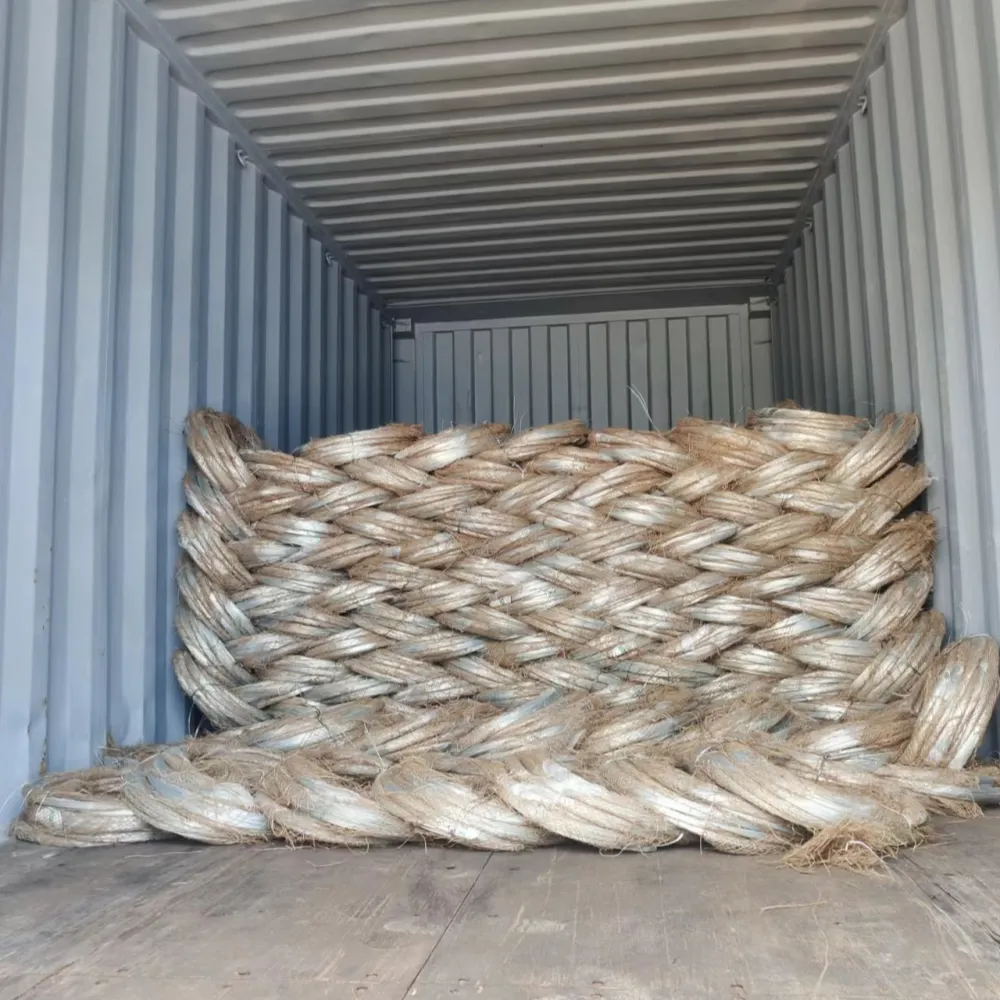chain link fence poles
Understanding Chain Link Fence Poles A Comprehensive Guide
Chain link fences are one of the most popular choices for security and boundary demarcation across residential and commercial properties. They offer durability, visibility, and ease of installation, making them a favorable option for various applications. Central to this type of fencing are the chain link fence poles, which support the entire fence structure. This article will explore the different types of poles used in chain link fencing, their materials, installation procedures, and important considerations for ensuring a durable and effective fence.
Types of Chain Link Fence Poles
Chain link fence poles come primarily in three forms terminal posts, line posts, and corner posts. Each type serves a unique purpose within the fence configuration.
1. Terminal Posts These are the strong foundation of any chain link fence, placed at the end of the fence runs. Terminal posts not only anchor the fence but also provide support for gate frames. They must be substantial enough to bear the weight of the fence and withstand tension.
2. Line Posts These posts are installed at regular intervals along the length of the fence. Their primary role is to maintain the tension of the chain link fabric and keep the fence straight. Line posts are generally lighter than terminal posts but must still be sturdy to endure environmental pressures such as wind.
3. Corner Posts As the name suggests, corner posts are used at the corner points where the fence direction changes. They need to be robust to handle the forces exerted on them by adjoining fence sections.
Materials Used in Chain Link Fence Poles
The longevity and strength of chain link fence poles depend significantly on the materials used. Common materials include
- Galvanized Steel Most chain link fence poles are made from galvanized steel, which is treated to resist corrosion. This material is favored for its strength and durability, making it suitable for both residential and commercial installations.
- Aluminum Aluminum poles are lighter than steel but offer excellent resistance to rust and corrosion. They are an ideal choice for areas with high moisture levels or coastal environments where salt exposure is a concern.
- PVC-Coated Poles Some fence poles come with a plastic coating for additional protection against the elements. This not only enhances rust resistance but also allows for aesthetic choices as they can be colored to match the surrounding landscape or property.
chain link fence poles

Installation of Chain Link Fence Poles
The installation of chain link fence poles involves several key steps to ensure the fence is stable and secure
1. Planning Measure the area where the fence will be installed, marking the locations for terminal, corner, and line posts. The distance between line posts typically ranges from 10 to 12 feet.
2. Digging Holes Use a post hole digger or auger to create holes for the poles. A depth of at least one-third of the pole's height is suggested to provide stability.
3. Setting Posts Insert the poles into the holes and fill them with concrete for added support. Ensure that the poles are plumb (vertically straight) before the concrete sets.
4. Attaching Chain Link Fabric Once the posts are securely in place, attach the chain link fabric, stretching it tight between the line posts and securing it to each post with tension bands.
Considerations for Service Life and Maintenance
To ensure the longevity of your chain link fence and its poles, consider the following maintenance tips
- Regular Inspections Periodically check for any rust or damage to the poles and fence fabric.
- Prompt Repairs Address any signs of wear promptly to prevent further deterioration.
- Environmental Considerations In areas prone to extreme weather conditions, choose materials and installation methods that can withstand specific local challenges.
In conclusion, chain link fence poles are crucial components that provide structural integrity and support to fencing systems. By choosing the right type of pole, material, and following proper installation practices, property owners can create secure and lasting barriers that meet their needs effectively.
-
Innovations in Razor Barbed Wire Design TechnologyNewsAug.11,2025
-
Roofing Nail Compatibility with Different Metal Roof TypesNewsAug.11,2025
-
Welded Wire Mesh for Rockfall Protection BarriersNewsAug.11,2025
-
Galvanized Wire Corrosion Resistance TestingNewsAug.11,2025
-
3D Fence Solutions Preventing Bird CollisionsNewsAug.11,2025
-
Using Chain Link Fence for Urban Garden SupportNewsAug.11,2025




